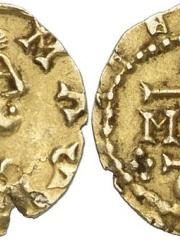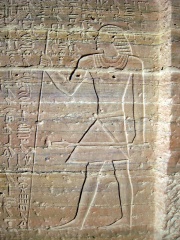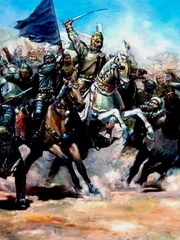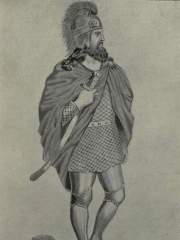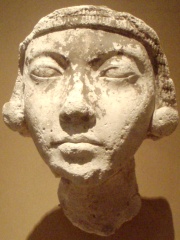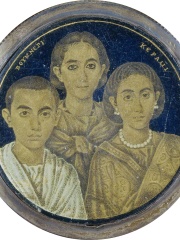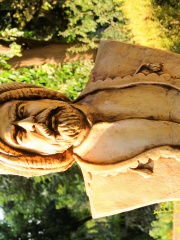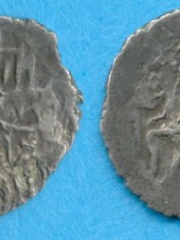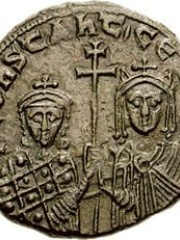POLITICIAN
Rhesus of Thrace
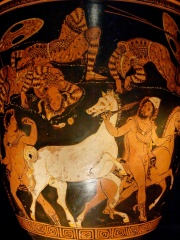
 Rhesus of Thrace
Rhesus of Thrace
Rhesus (; Ancient Greek: Ῥῆσος Rhêsos) is a mythical king of Thrace in The Iliad who fought on the side of Trojans. Rhesus arrived late to the battle and while asleep in his camp, Diomedes and Odysseus stole his team of horses during a night raid on the Trojan camp. Read more on Wikipedia
His biography is available in 25 different languages on Wikipedia (up from 24 in 2024). Rhesus of Thrace is the 4,302nd most popular politician (up from 5,898th in 2024), the 428th most popular biography from Türkiye (up from 540th in 2019) and the 222nd most popular Turkish Politician.
Memorability Metrics
Page views of Rhesus of Thrace by language
Among POLITICIANS
Among politicians, Rhesus of Thrace ranks 4,302 out of 19,576. Before him are Baldwin V, Count of Flanders, Alan García, Childebert the Adopted, Autobiography of Harkhuf, Qara Yusuf, and Vardan Mamikonian. After him are Kiya, Jaap de Hoop Scheffer, Katō Kiyomasa, Jindeok of Silla, Zhu Rongji, and Justa Grata Honoria.
Most Popular Politicians in Wikipedia
Go to all RankingsBaldwin V, Count of Flanders
1012 - 1067
HPI: 67.47
Rank: 4,298
Alan García
1949 - 2019
HPI: 67.47
Rank: 4,299
Childebert the Adopted
650 - 662
HPI: 67.47
Rank: 4,300
Autobiography of Harkhuf
2300 BC - 2259 BC
HPI: 67.47
Rank: 4,301
Qara Yusuf
1357 - 1420
HPI: 67.46
Rank: 4,302
Vardan Mamikonian
388 - 451
HPI: 67.46
Rank: 4,303
Rhesus of Thrace
HPI: 67.46
Rank: 4,304
Kiya
1400 BC - 1400 BC
HPI: 67.46
Rank: 4,305
Jaap de Hoop Scheffer
1948 - Present
HPI: 67.46
Rank: 4,306
Katō Kiyomasa
1561 - 1611
HPI: 67.45
Rank: 4,307
Jindeok of Silla
650 - 654
HPI: 67.45
Rank: 4,308
Zhu Rongji
1928 - Present
HPI: 67.45
Rank: 4,309
Justa Grata Honoria
417 - 455
HPI: 67.45
Rank: 4,310
In Türkiye
Among people born in Türkiye, Rhesus of Thrace ranks 428 out of 1,347. Before him are Said Nursî (1877), Bardas (816), Nectarios of Aegina (1846), Publilius Syrus (-100), Qara Yusuf (1357), and Vardan Mamikonian (388). After him are Philip I, Latin Emperor (1243), Şehzade Mehmed (1605), Ahmad Khani (1650), Tiberius Claudius Pompeianus (130), Maria Laskarina (1206), and Tryphon, Respicius, and Nympha (null).
Others born in Türkiye
Go to all RankingsSaid Nursî
RELIGIOUS FIGURE
1877 - 1960
HPI: 67.51
Rank: 422
Bardas
POLITICIAN
816 - 866
HPI: 67.48
Rank: 423
Nectarios of Aegina
RELIGIOUS FIGURE
1846 - 1920
HPI: 67.48
Rank: 424
Publilius Syrus
WRITER
100 BC - 100 BC
HPI: 67.47
Rank: 425
Qara Yusuf
POLITICIAN
1357 - 1420
HPI: 67.46
Rank: 426
Vardan Mamikonian
POLITICIAN
388 - 451
HPI: 67.46
Rank: 427
Rhesus of Thrace
POLITICIAN
HPI: 67.46
Rank: 428
Philip I, Latin Emperor
POLITICIAN
1243 - 1283
HPI: 67.43
Rank: 429
Şehzade Mehmed
POLITICIAN
1605 - 1621
HPI: 67.39
Rank: 430
Ahmad Khani
WRITER
1650 - 1707
HPI: 67.36
Rank: 431
Tiberius Claudius Pompeianus
POLITICIAN
130 - 193
HPI: 67.33
Rank: 432
Maria Laskarina
COMPANION
1206 - 1270
HPI: 67.32
Rank: 433
Tryphon, Respicius, and Nympha
RELIGIOUS FIGURE
HPI: 67.30
Rank: 434
Among POLITICIANS In Türkiye
Among politicians born in Türkiye, Rhesus of Thrace ranks 222. Before him are Demetrios Palaiologos (1407), John IV of Trebizond (1403), Constance of Antioch (1127), Bardas (816), Qara Yusuf (1357), and Vardan Mamikonian (388). After him are Philip I, Latin Emperor (1243), Şehzade Mehmed (1605), Tiberius Claudius Pompeianus (130), Nicomedes IV of Bithynia (-200), Zoe Karbonopsina (900), and Soghomon Tehlirian (1896).
Demetrios Palaiologos
1407 - 1470
HPI: 67.65
Rank: 216
John IV of Trebizond
1403 - 1460
HPI: 67.58
Rank: 217
Constance of Antioch
1127 - 1163
HPI: 67.57
Rank: 218
Bardas
816 - 866
HPI: 67.48
Rank: 219
Qara Yusuf
1357 - 1420
HPI: 67.46
Rank: 220
Vardan Mamikonian
388 - 451
HPI: 67.46
Rank: 221
Rhesus of Thrace
HPI: 67.46
Rank: 222
Philip I, Latin Emperor
1243 - 1283
HPI: 67.43
Rank: 223
Şehzade Mehmed
1605 - 1621
HPI: 67.39
Rank: 224
Tiberius Claudius Pompeianus
130 - 193
HPI: 67.33
Rank: 225
Nicomedes IV of Bithynia
200 BC - 74 BC
HPI: 67.25
Rank: 226
Zoe Karbonopsina
900 - 1000
HPI: 67.23
Rank: 227
Soghomon Tehlirian
1896 - 1960
HPI: 67.23
Rank: 228


